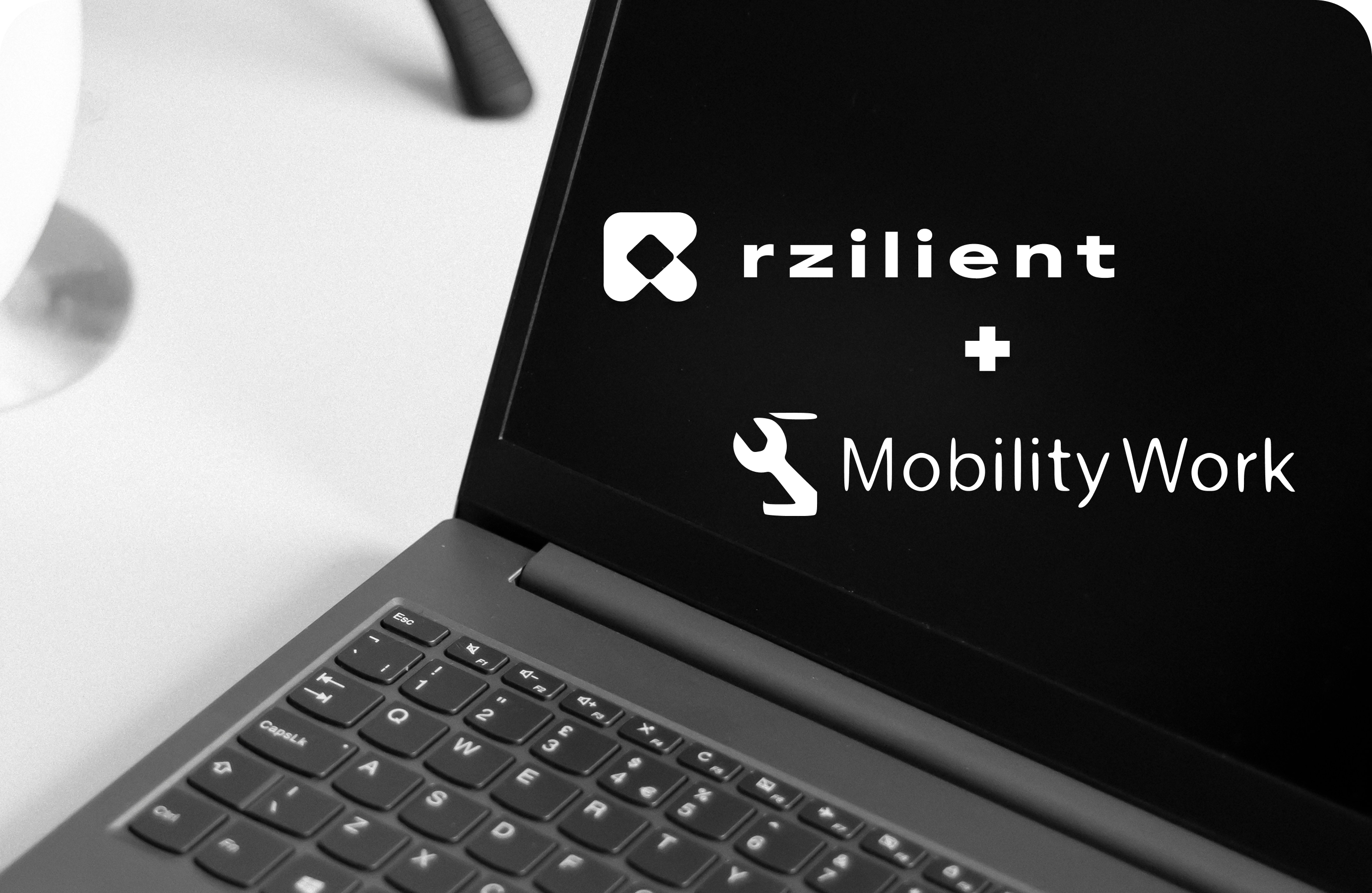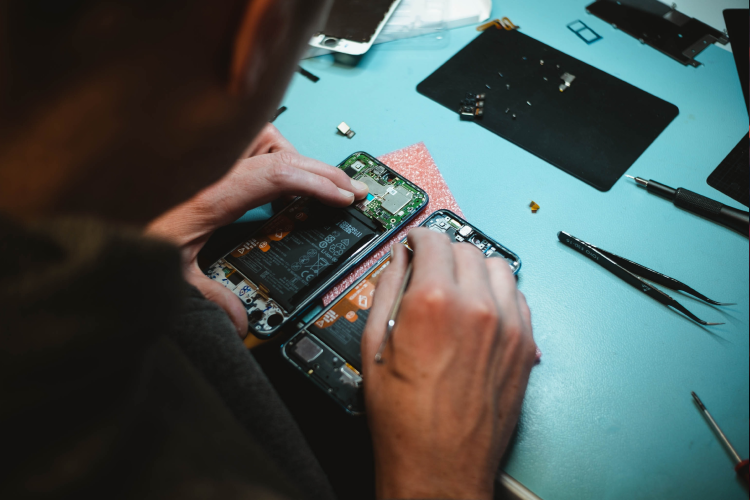The impacts of BYOD on your professional activity

Discover our all-in-one solution
Do your employees use their own computer equipment as part of their work for your company?
If that's the case, you're using BYOD!
As we will see, this practice, whose English acronym is “Bring your own device” has been developing strongly for several years. This is a real fundamental trend, which comes with advantages and disadvantages for your business.
A sign of this spread of the practice, according to a American study, more than 70% of IT managers approve of BYOD and for 96% of respondents, the use of personal computers is increasing in the workplace.
Let's go for a journey of the concept and its concrete implications for your business!

Definition and origins of the concept of BYOD
Definition of BYOD
The BYOD strategy is to tolerate, or encourage, the fact that employees of an organization use their own personal electronic devices (smartphones, tablets or laptops), in order toperform professional tasks, rather than using the devices provided by the company.
In French, the concept is translated as “Bring Your Personal Communication Equipment” (or WITH).
POCE and CEPO, Kézako?
Other similar concepts are linked to BYOD and make it possible to clarify things:
- Personally Owned, Company Enabled (POCE): here, the employee uses his own hardware, but the hardware is managed by the company in terms of software and security;
- Corporate-owned, personally enabled (COPE): in this case, it is the opposite system: the company owns the equipment and makes it available to the employee. The latter is responsible for installing the software necessary for his work.
The origins and history of the concept
The concept of BYOD is fairly new.
Used for the first time in 2004, it only became known to the general public in 2009, when the giant Intel mentioned it to describe the trend at work within its own teams.
Fun fact: BYOD is a word game based on the acronym BYOB, dating back to the 1970s, which stands for “Bring Your Own Beer” and is more applicable to student parties than to the professional context 🙂
What are the pros and cons of Bring Your Own Device?
The benefits of BYOD
As an employer, by deploying a pro-BYOD policy, you are giving a positive and attractive image to your teams and to recruitment candidates. So it improves your employer brand.
BYOD would also be a positive factor for productivity, because your employees work on their own machines and therefore do not suffer from the loss of time associated with taking control of the equipment provided by your company.
It should also be noted that the hardware renewal rate is generally higher in BYOD, because businesses have longer renewal cycles than employees. Your business therefore benefits from more recent equipment.
BYOD also comes with a real cost reduction, because your business simply doesn't need to buy computer hardware!
What if, like the Rzilient team, you are committed to the future of our planet, know that BYOD integrates perfectly with a Green IT approach.
Indeed, it allows a reduction in the digital footprint of your company, by avoiding the duplication of computer equipment. Indeed, your employees already have (in the overwhelming majority of cases) computer equipment that is perfectly adapted to their professional needs.
On the employee side, BYOD also brings a financial advantage (and therefore a motivational boost), because companies most often offer financial compensation for the use of personal equipment.
The disadvantages of BYOD
These advantages should not make you lose sight of the disadvantages of BYOD. Anticipating them allows you to avoid serious problems!
First, BYOD opens the door to cybersecurity issues.
Losses and thefts of sensitive data can occur more easily, because The employee generally applies less effective security measures than those recommended by cybersecurity experts.
Of mistakes can also be made, especially if relatives (family members, for example) use the equipment, or if the employee resells his computer equipment, forgetting to remove access and data.
To better control these risks, discover our article on best practices related to deprovisioning during offboarding! 👇

Another disadvantage to keep in mind concerns smartphones and phone numbers that are associated with it.
When an employee leaves your company, it generally concerns their telephone number and this can be problematic, especially for certain functions: managers, sales representatives, etc. Monitoring prospects and customers becomes more difficult in this context!
Let us also mention the organization-wide disadvantages of BYOD, in terms of equipment management:
- Weak adaptability of the computer park ;
- Non-existent scalability ;
- Lack of uniformity and standardization of equipment and installed software. The company's IT department finds itself having to manage a wide variety of different configurations, which is a source of time loss and a source of costs.
A final disadvantage consists in the financial compensation of the employee for the use of his personal equipment. French law does not impose anything, but it is common practice to compensate the employee.
.webp)
BYOD best practices
Securing your data
To ensure that your company's sensitive data is not put at risk in the case of tolerance or encouragement of BYOD, here are some important practices to implement:
- Establishment of a security policy solid;
- Systematic encryption data;
- Use of security software (antivirus) on all machines;
- Good deprovisioning management, upon the departure of the employee.
To go further, consult the BYOD best practices recommended by the CNIL.
The implementation of an internal policy dedicated to BYOD
The adoption of best practices by your teams also requires concrete actions:
- Clear and effective communication to employees on the practices to adopt;
- Regular actions of training And of sensitization ;
- Regular BYOD policy assessment, in a process of continuous improvement.
BYOD is a must. Managing it well is possible!
As we have seen, BYOD can make your business more attractive, more productive and help you make significant savings, while contributing to the ecological transition. How can you resist? 🙂
However, let's not forget that this strategy also comes with real risks.
We help you master BYOD and take advantage of it, thanks to the dedicated processes of our Rzilient outsourcing platform.
.png)






